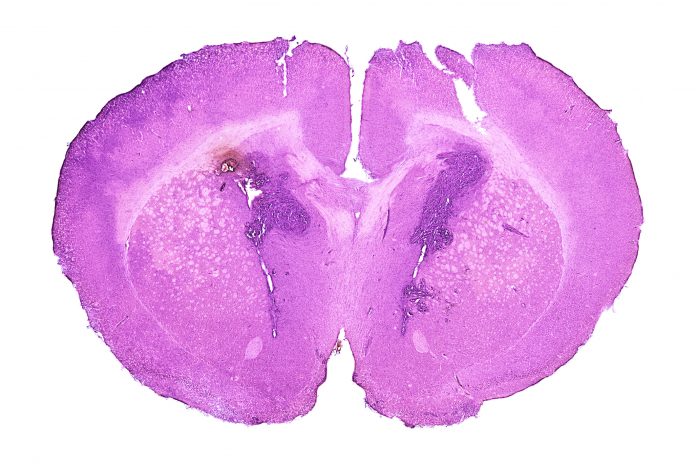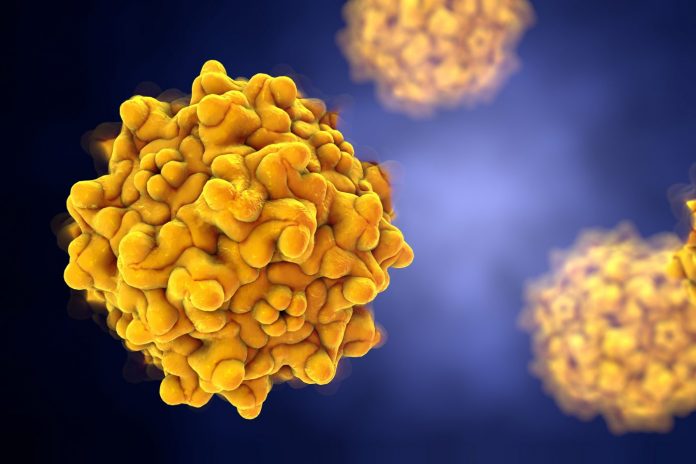NAFLD is a condition known by an excess accumulation of fat in the liver of people who drink little to no alcohol. It ranges from simple fatty liver (steatosis) to non-alcoholic steatohepatitis (NASH), which can lead to serious liver damage, including cirrhosis and liver cancer. The rise in NAFLD cases mirrors the increase in obesity and metabolic syndrome, pointing to diet as a significant factor.
What is the role of sugar in the diet?
Representative image.
Sugar, particularly in the form of fructose, is found in many processed foods and sugary beverages. Unlike glucose, which is metabolised by various tissues in the body, fructose is primarily processed in the liver. This difference in metabolism is crucial in understanding how sugar impacts liver health.
Fructose and liver metabolism
When we consume fructose, it is transported to the liver, where it can be converted into fat through a process called de novo lipogenesis. This process contributes to the accumulation of fat in the liver, a hallmark of NAFLD. High-fructose diets can lead to liver inflammation and insulin resistance, further increasing liver damage.
Several studies have examined the link between sugar intake and NAFLD. One important study published in the Journal of Hepatology found that individuals with NAFLD consumed significantly more fructose than those without the disease. The study highlighted that excessive fructose intake was associated with increased liver fat content and inflammation.
Another study from the American Journal of Clinical Nutrition demonstrated that reducing sugar intake, particularly fructose, can lead to a significant decrease in liver fat and improvement in liver function. Participants who reduced their sugar consumption saw improvements in insulin sensitivity and a reduction in markers of liver inflammation.
What is the impact of sugary beverages?
Sugary beverages, such as sodas and fruit juices, are major sources of fructose. Consuming these drinks regularly has been linked to the development and progression of NAFLD. A study published in the Journal of Gastroenterology found that individuals who consumed high amounts of sugary beverages had a higher prevalence of NAFLD compared to those who drank fewer sugary drinks.
What is the mechanisms behind sugar-induced liver damage
Understanding how sugar causes liver damage involves looking at various mechanisms:
- Increased fat production: As mentioned earlier, fructose is metabolised into fat in the liver, leading to fat accumulation.
- Oxidative stress: Fructose metabolism generates reactive oxygen species (ROS), which cause oxidative stress and damage liver cells.
- Inflammation: High fructose intake can activate inflammatory pathways, contributing to liver inflammation and fibrosis.
- Insulin resistance: Excessive sugar consumption can lead to insulin resistance, a condition where the body’s cells become less responsive to insulin, leading to higher blood sugar levels and more fat being stored in the liver.
Practical tips for reducing sugar intake
Reducing sugar intake can have a significant impact on liver health. Here are some practical tips:
- Read labels: Check food labels for added sugars. Common names for sugar include high-fructose corn syrup, sucrose, and dextrose.
- Limit sugary beverages: Replace sodas and fruit juices with water, herbal teas, or flavoured water without added sugars.
- Choose whole foods: go for whole fruits instead of fruit juices. Whole fruits contain fibre, which helps regulate the absorption of sugar.
- Cook at home: Preparing meals at home allows you to control the ingredients and reduce added sugars in your diet.
Be cautious with processed foods: Many processed foods contain hidden sugars. Try to eat more fresh, unprocessed foods.









